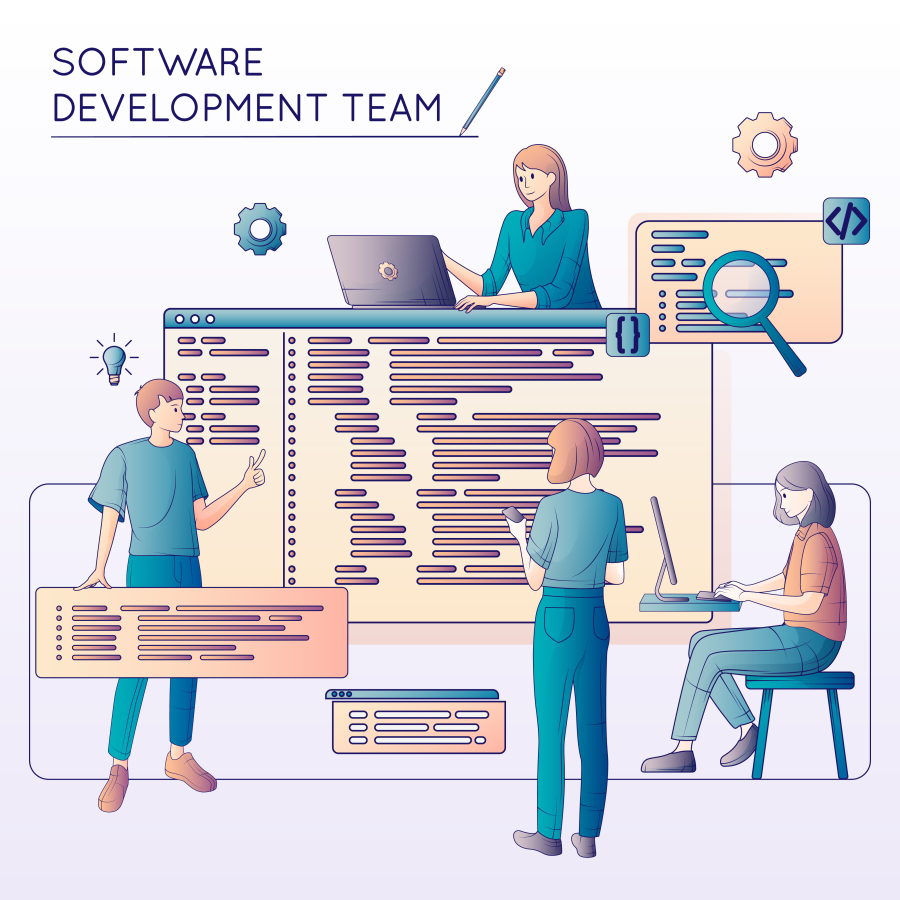ScienceBusiness Pitch Decks: How Freelancers Can Help
In the fast-paced world of science-driven startups and research-based ventures, a compelling pitch deck can make all the difference. A well-crafted pitch deck communicates scientific innovations, business potential, and investment opportunities effectively to stakeholders, investors, and partners. Freelancers with expertise in both science and business are increasingly playing a pivotal role in creating impactful pitch decks.
By combining technical knowledge, design skills, and business strategy, freelancers help startups and scientific ventures present their ideas in a clear, persuasive, and professional manner. This article explores how freelancers can assist in creating ScienceBusiness pitch decks, the benefits of their involvement, and best practices to succeed in this specialized freelance niche.
Long Description
1. The Importance of ScienceBusiness Pitch Decks
Pitch decks serve as the first impression for investors, partners, and clients. They are essential because they:
Communicate Complex Science Simply – Translate research, innovation, and technical concepts into understandable and engaging narratives.
Demonstrate Business Potential – Highlight market opportunity, revenue models, and scalability.
Build Investor Confidence – Showcase credibility, expertise, and a clear roadmap for success.
Attract Funding and Partnerships – Serve as a persuasive tool for venture capitalists, angel investors, and grant agencies.
Support Strategic Decision-Making – Provide stakeholders with concise information for evaluation and collaboration.
Freelancers with a mix of scientific literacy and business insight can create pitch decks that effectively bridge the gap between innovation and investment.
2. Roles Freelancers Can Play in Pitch Deck Creation
Freelancers can contribute at multiple levels in the development of ScienceBusiness pitch decks:
a) Content Development
Research and summarize complex scientific concepts.
Translate technical jargon into clear, concise language for non-technical audiences.
Craft compelling narratives that balance science, business, and innovation.
b) Design and Visual Communication
Develop visually engaging slides using graphics, charts, and infographics.
Highlight key data points, trends, and research outcomes.
Ensure consistent branding, layout, and readability throughout the pitch deck.
c) Financial and Market Analysis
Conduct market research and competitive analysis to strengthen business cases.
Present financial projections, revenue models, and ROI calculations clearly.
Help founders align scientific outcomes with business strategy for investor understanding.
d) Storytelling and Strategic Messaging
Create a cohesive flow from problem statement to solution, market opportunity, and growth strategy.
Emphasize unique value propositions and differentiators.
Incorporate case studies, proof of concept, or pilot results to enhance credibility.
e) Presentation Coaching
Assist founders or scientific teams in delivering the pitch effectively.
Provide feedback on slide transitions, timing, and communication style.
Conduct mock presentations to refine delivery and confidence.
3. Skills Freelancers Need for ScienceBusiness Pitch Decks
To excel in this niche, freelancers require a combination of:
Scientific Knowledge – Understanding of relevant technologies, research methods, and innovations.
Business Acumen – Familiarity with startup strategy, market analysis, and investment considerations.
Visual Design Skills – Ability to create clear, engaging, and professional slides.
Storytelling and Communication – Crafting persuasive narratives that resonate with diverse audiences.
Analytical Skills – Presenting data, metrics, and projections accurately and compellingly.
Project Management – Coordinating deadlines, revisions, and client feedback efficiently.
4. Finding Freelance Opportunities in Pitch Deck Creation
Freelancers can discover ScienceBusiness pitch deck projects through various channels:
Freelance Marketplaces – Upwork, Fiverr, Freelancer.com, and Kolabtree often list projects related to startup consulting, pitch deck design, and business writing.
Professional Networks – LinkedIn, AngelList, and incubator programs provide access to startups seeking pitch deck support.
Startup Accelerators and Incubators – Organizations like Y Combinator, Techstars, and local incubators frequently collaborate with freelance consultants.
Direct Outreach – Contacting science startups, biotech firms, or research-based ventures directly.
Content Marketing – Showcasing expertise through blog posts, case studies, and portfolio pieces.
Tips: Highlight both scientific understanding and business storytelling abilities in your portfolio to attract high-value clients.
5. Best Practices for Freelancers Creating ScienceBusiness Pitch Decks
a) Understand the Client’s Vision and Audience
Identify whether the pitch deck targets investors, partners, grant agencies, or internal stakeholders.
Adjust messaging and complexity to suit the audience.
b) Focus on Clarity and Simplicity
Simplify complex scientific concepts without losing accuracy.
Use visuals, infographics, and charts to communicate effectively.
c) Structure the Pitch Deck Effectively
Typical structure includes: Problem Statement, Solution, Market Opportunity, Business Model, Technology/Innovation, Team, Financials, and Call to Action.
Maintain logical flow and visual consistency across slides.
d) Provide Actionable Insights
Highlight key metrics, market potential, and strategic advantages.
Show tangible results, prototypes, or pilot studies that validate claims.
e) Iterate and Incorporate Feedback
Engage in multiple review cycles with clients to refine messaging and visuals.
Ensure the deck is polished, persuasive, and ready for presentation.
6. Benefits of Freelancing in ScienceBusiness Pitch Decks
Diverse Project Portfolio – Work with startups, research organizations, and innovation-driven companies.
Professional Growth – Build expertise in both scientific domains and business strategy.
High-Value Opportunities – Pitch deck projects are often well-compensated due to their impact on funding and growth.
Global Reach – Freelancers can work remotely with clients worldwide.
Impactful Contribution – Play a key role in enabling scientific innovation, investment, and commercialization.
7. Challenges and How to Overcome Them
Complex Scientific Content – Continuously update knowledge and consult domain experts when needed.
Client Expectations – Clarify goals, target audience, and design preferences upfront.
Balancing Science and Business – Ensure scientific accuracy while emphasizing market potential and investment appeal.
Deadlines and Revisions – Manage time effectively and maintain clear communication throughout the process.
Data and Confidentiality – Handle sensitive information with professionalism and secure storage practices.
8. Emerging Trends in ScienceBusiness Freelancing
AI-Assisted Decks – Leveraging AI tools for design, data visualization, and content refinement.
Interactive Pitch Decks – Using multimedia and interactive features to engage investors.
Global Startup Ecosystem – Opportunities from international science startups and biotech ventures.
Sustainability and Green Science – Startups emphasizing eco-friendly innovations seeking specialized freelance support.
Cross-Disciplinary Projects – Combining science, technology, and business strategy for impactful investment presentations.
Freelancers who adapt to these trends, specialize, and deliver measurable results will thrive in this expanding market.
Conclusion
Freelancers are increasingly critical in supporting ScienceBusiness pitch decks, helping startups and research ventures communicate innovation, attract investment, and build credibility. By combining scientific expertise, business acumen, and design skills, freelancers can deliver pitch decks that make a tangible impact on funding, partnerships, and market growth.
For freelancers, working in this niche provides career growth, global opportunities, and the chance to contribute to scientific innovation and commercialization.


 by Emily
by Emily




